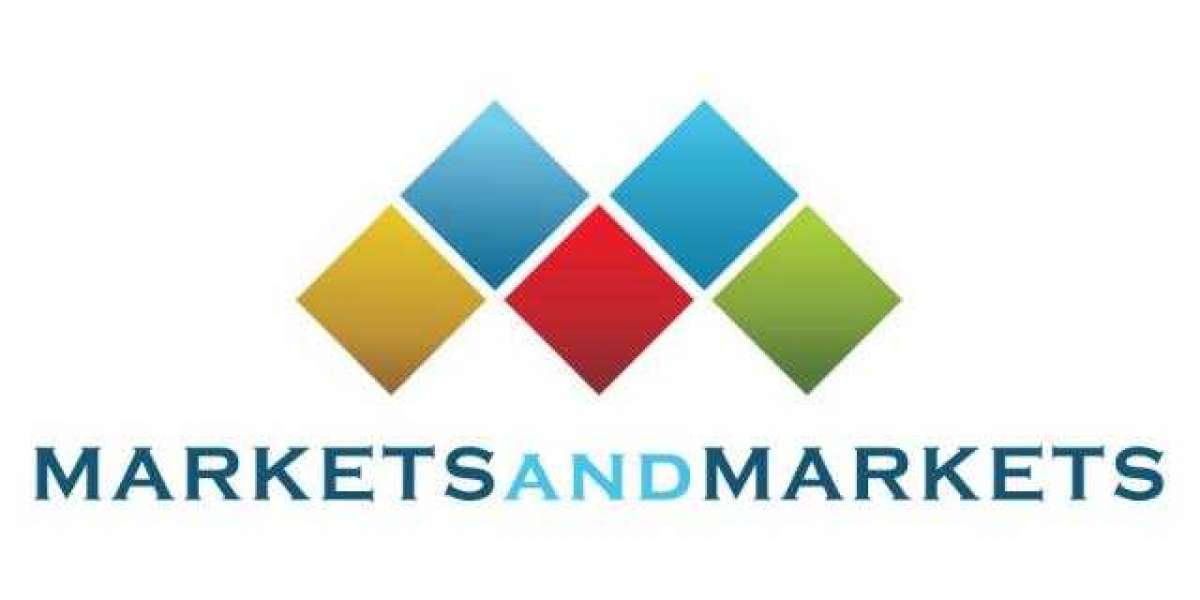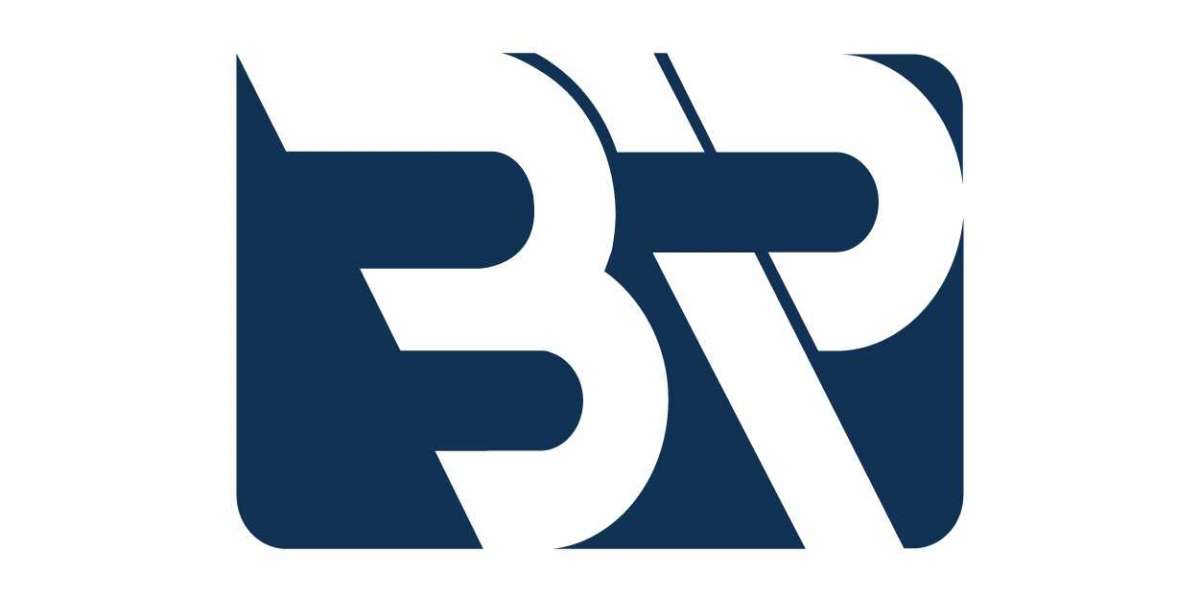Holter ECG market in terms of revenue was estimated to be worth $416 million in 2022 and is poised to reach $558 million by 2027, growing at a CAGR of 6.1% from 2022 to 2027 according to a latest report published by MarketsandMarkets™. The increasing prevalence of patients suffering from cardiovascular disease (CVD) and the need for early and continuous diagnosis are the major factors contributing to the growth of this market. The growing geriatric population and technological advancements in wireless monitoring and wearable devices are also supporting market growth. However, the shortage of skilled professionals to monitor Holter ECG reports with accuracy is likely to hamper the growth of the Holter ECG market.
Download an Illustrative overview: https://www.marketsandmarkets.com/pdfdownloadNew.asp?id=54808904
Holter ECG Market Scope:
| Report Coverage | Details |
| Market Revenue in 2022 | $416 million |
| Estimated Value by 2027 | $558 million |
| Growth Rate | Poised to grow at a CAGR of 6.1% |
| Market Size Available for | 2020–2027 |
| Forecast Period | 2022–2027 |
| Forecast Units | Value (USD Million) |
| Report Coverage | Revenue Forecast, Competitive Landscape, Growth Factors, and Trends |
| Segments Covered | Product, Lead Type, and End User |
| Geographies Covered | North America, Europe, Asia Pacific, Latin America, Middle East Africa |
| Report Highlights | Updated financial information / product portfolio of players |
| Key Market Opportunity | Untapped emerging markets |
| Key Market Drivers | Increasing prevalence of cardiovascular disease |
Based on product, the Holter ECG market is segmented into wired Holter ECG monitors, wireless Holter ECG monitors, and software. In 2021, the wired Holter ECG monitors segment accounted for a major share of the market. The large share of this segment is attributed to the wide applications of these devices in CVD management as well as their low cost.
Based on lead type, the Holter ECG market is segmented into patch type 1-lead, 3-lead, 6-lead, 12-lead, and other lead types (such as 4-, 5-, and 7-lead Holter ECG monitors, among others). In 2021, the 12-lead Holter monitors segment accounted for the largest share of the Holter ECG market. This is mainly attributed to the higher clarity obtained by using a larger number of leads. 12-lead ECG devices provide a highly detailed outlook, making it easier to interpret cardiac electrical activity.
Based on end user, the Holter ECG market is segmented into hospitals and specialty clinics, ambulatory surgical centers, and other end users. The hospitals and specialty clinics segment accounted for the largest share of the global market in 2021. The large share of this segment is attributed to the increasing prevalence of CVD, the growing number of patient visits to physician offices for the diagnosis of CVD, the increasing number of cardiac implant procedures, and the availability of reimbursement for these procedures across developed markets.
Based on the region segmentation, the Holter ECG market is divided into North America, Europe, Asia Pacific, and the Rest of the World. North America holds the largest share and expects to dominate the Holter ECG market. The large share of the North American market can be attributed to the high burden of CVD, increasing healthcare expenditure, and the growing availability of technologically advanced devices in the region.
Key Market Players:
Major players operating in the Holter ECG market include GE HealthCare (US), Koninklijke Philips N.V. (Netherlands), Nihon Kohden Corporation (Japan), OSI Systems, Inc. (US), and Hill-Rom Holdings, Inc. (Baxter International Inc.) (US). These companies have strong distribution networks across key regions, such as North America, Europe, and Asia Pacific. They have an established portfolio of reputable products and services, a robust market presence, and strong business strategies. Furthermore, these companies have a significant market share in maximum countries along with multi-purpose products and a larger product footprint.
Enquiry Before Buying: https://www.marketsandmarkets.com/Enquiry_Before_BuyingNew.asp?id=54808904
Hypothetic Challenges of Holter ECG Market in Near Future:
Data Analysis and Interpretation: With the increasing adoption of Holter ECG devices, there will be a substantial amount of data generated that needs to be accurately analyzed and interpreted. Developing advanced analytical tools and algorithms to efficiently process and extract meaningful insights from the data will be a challenge.
Integration with Healthcare Systems: Integrating Holter ECG devices seamlessly with existing healthcare systems and electronic health records (EHR) is crucial for efficient patient management and continuity of care. Overcoming interoperability challenges and ensuring smooth data exchange between different platforms and systems will be a significant challenge.
Cost-effectiveness: While the demand for Holter ECG monitoring is rising, ensuring affordability of devices and services will be a challenge. Striking a balance between providing high-quality Holter ECG solutions and making them accessible and affordable to a broader population will require innovative pricing models and cost-effective manufacturing processes.
User-Friendliness and Patient Compliance: Enhancing the user-friendliness of Holter ECG devices and improving patient compliance with wearing and using the devices for the recommended duration will be crucial. Developing comfortable, easy-to-use devices and implementing strategies to encourage patient adherence to monitoring protocols will be important challenges.
Regulatory Compliance: Meeting regulatory requirements and obtaining necessary approvals for Holter ECG devices can be a complex and time-consuming process. Staying up-to-date with evolving regulations and ensuring compliance with quality and safety standards will be a challenge for market players.
Data Security and Privacy: Protecting patient data and ensuring confidentiality in the context of Holter ECG monitoring will be a critical challenge. Implementing robust data security measures, encryption protocols, and privacy safeguards to safeguard sensitive patient information will be essential.
Education and Training: Ensuring healthcare professionals are adequately trained in the use and interpretation of Holter ECG devices will be vital. Providing comprehensive education and training programs to enhance their proficiency in utilizing the technology and making accurate clinical decisions based on the obtained data will be a challenge.
Get 10% Free Customization on this Report: https://www.marketsandmarkets.com/requestCustomizationNew.asp?id=54808904








